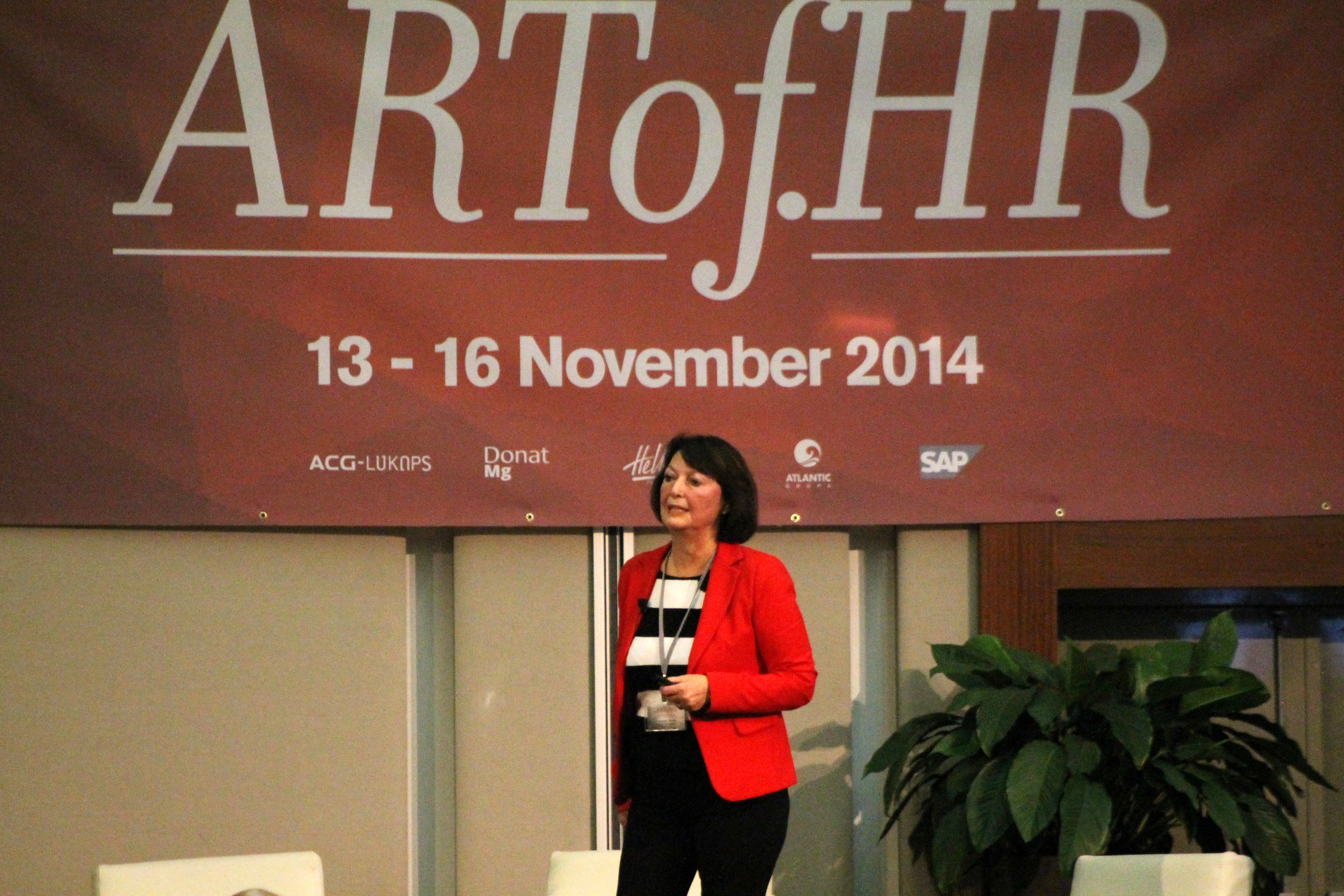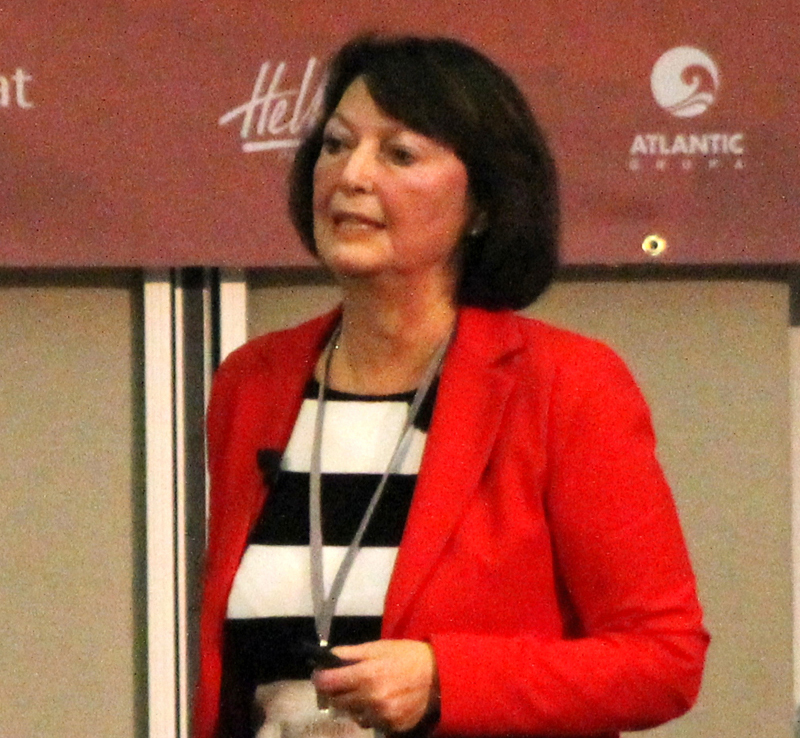A European bank is using flexible working to help manage a huge transformation programme that aims to reduce headcount by 15%. UniCredit, a market leader in Austria, is implementing the programme to adapt to changing demographics and customer banking practices.
Executive VP and head of HR CEE and Austria Doris Tomanek told the ARTof.HR Conference that Austria banking revenues are flat, costs are escalating and the average age of its 7.000 strong workforce is 45.
The bank is reducing the number of branches it operates and changing the way it interacts with customers as multi – channel banking becomes more prevalent.
UniCredit found there will be natural attrition of 40% in the next 10 years. However, in the short-term, cuts are being made to manage costs and realign skills to ”where they are needed”.
To do this, the bank rolled out a successful part-time working programme. ”We have a large population of (workers aged) 50 plus so we decided to offer them part-time work and some incentives to get them there quickly,” Tomanek explained.
”We ‘ve found as people get older they appreciate working less and we can keep them in organisation longer.”
Part-time work had historically been more popular with women and what suprised Tomanek was the number of men now taking it up. As a result of the programme, the proportion of part – time workers increased from 25% to 36% and more than 50% of those were male. The overall gender split of part – time workers is now 55% women and 45% men – unheard of at financial services organisations in the UK.
”I personally believe this will be one of the most important ways of satisfying the needs of employers in the future,” she added. ”What’s a crucial to managing this is framework for how it can work in terms of principles in HR. For example, one of the principles we put out there is that everybody can take it: there is no veto from anybody and the whole chain of management has to approve this.”
If there are too many flexible workers in one area, employees may be asked to work in a ”good comparable job” in another area, with the guarantee they will be given flexible work. ”This was the most important one to make this work. We will not look at you as a person that is not interested in a career anymore just because you are doing this,” Tomanek said.
SOURCE: Arvind Hickman / hrmagazine.co.uk


